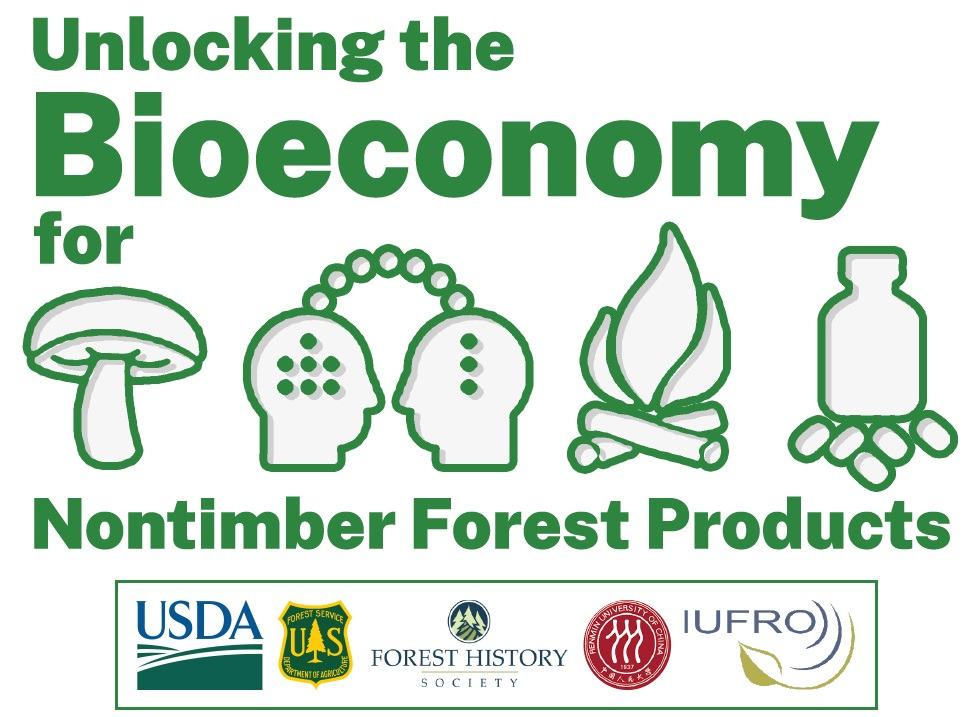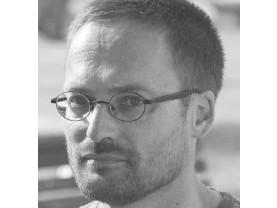Non-wood Provisioning Services from Mediterranean Forest Ecosystems
A Presentation by Sven Mutke
Part of the Unlocking the Bioeconomy for Nontimber Forest Products webinar series
Given on Aug. 31, 2021
Pine nuts, mushrooms, and woodland pastures are just a few examples of the nontimber forest products that are increasingly part of the bioeconomy—an economic model that embraces forests as a source of food while prioritizing biodiversity and sustainability. Dr. Sven Mutke discussed Mediterranean forest ecosystems and the goods they provide in his presentation “Non-wood Provisioning Services from Mediterranean Forest Ecosystems.” This is the first presentation in the webinar series Unlocking the Bioeconomy for Nontimber Forest Products.


Bioeconomies emphasize the use of renewable natural resources to sustainably provide products. A bioeconomy can reduce the environmental impact of economic growth. Science-based management promotes sustainable harvests and production. Nontimber forest products (NTFP) are goods used for a variety of purposes. NTFP provide items such as food, medicine, decorations, nursery and landscaping products, fine art, and crafts. Billions of people worldwide depend on NTFP, either by direct consumption or as a source of income. These products are relatively invisible in national statistics. This under-reporting obscures the role they play in poverty reduction, food and health security, and social stability.
Dr. Sven Mutke is Head of Service for Forest Industries at the Forest Research Centre of INIA-CSIC, the Spanish National Research Council, though his expertise is centered in Mediterranean Non-Wood Forest Products management and production, particularly the edible pine nuts and the pine gum resin tapped for industrial uses.
This webinar series is hosted by the U.S. Department of Agriculture, U.S. Forest Service, The Forest History Society, Renmin University of China, and the IUFRO Task Force.
This event is made possible in part through funding from the Lynn W. Day Endowment.

